What is beta carotene?
2018-08-14

The name beta carotene comes from the Greek “beta” and Latin “carota” (carrot). It is the yellow/orange pigment that gives vegetables and fruits their rich colors. H. Wachenroder crystallized beta carotene from carrot roots in 1831, and came up with the name “carotene”.
What is beta carotene?
Beta-carotene is one of a group of red, orange, and yellow pigments called carotenoids. Beta-carotene and other carotenoids provide approximately 50% of the vitamin A needed in the American diet. Beta-carotene can be found in fruits, vegetables, and whole grains. It can also be made in a laboratory.
The human body converts beta carotene into vitamin A (retinol) – beta carotene is a precursor of vitamin A. We need vitamin A for healthy skin and mucus membranes, our immune system, and good eye health and vision. Beta carotene in itself is not an essential nutrient, but vitamin A is. Beta carotene’s chemical formula – C40H56 – was discovered in 1907 Vitamin A can be sourced from the food we eat, through beta carotene, for example, or in supplement form. The advantage of dietary beta carotene is that the body only converts as much as it needs. Excess vitamin A is toxic. Toxic vitamin A levels can occur if you consume too many supplements.
Beta carotene is an antioxidant
Beta carotene, like all carotenoids, is an antioxidant. An antioxidant is a substance that inhibits the oxidation of other molecules; it protects the body from free radicals. Free radicals damage cells through oxidation. Eventually, the damage caused by free radicals can cause several chronic illnesses. Several studies have shown that antioxidants through diet help people’s immune systems, protect against free radicals, and lower the risk of developing cancer and heart disease. Some studies have suggested that those who consume at least four daily servings of beta carotene rich fruits and/or vegetables have a lower risk of developing cancer or heart disease.
Beta carotene may slow down cognitive decline
Men who have been taking beta carotene supplements for 15 or more years are considerably less likely to experience cognitive decline than other males, researchers from Harvard Medical School reported in Archives of Internal Medicine (November 2007 issue). Oxidative stress is thought to be a key factor in cognitive decline, the researchers explained. Studies have shown that antioxidant supplements may help prevent the deterioration of cognition. Their study, involving 4,052 men, compared those on beta carotene supplements for an average of 18 years to others who were given placebo. Over the short-term, they found no difference in cognitive decline risk between the two groups of men, but in the long-term it was clear that beta carotene supplements made a significant difference. The researchers emphasized that there may have been other factors which contributed to the slower decline in cognitive abilities among the men in the beta carotene group.
Beta carotene keeps lungs healthy as people age
The BMJ published a report in March 2006 which showed that high blood beta carotene levels compensate for some of the damage to the lungs caused by oxygen free radicals. They measured the FEV1 of 535 participants and measured their beta carotene blood levels. FEV1 measures how much air you can breathe out in one go. They found that those with high beta carotene levels had much slower decline in FEV1 measures.
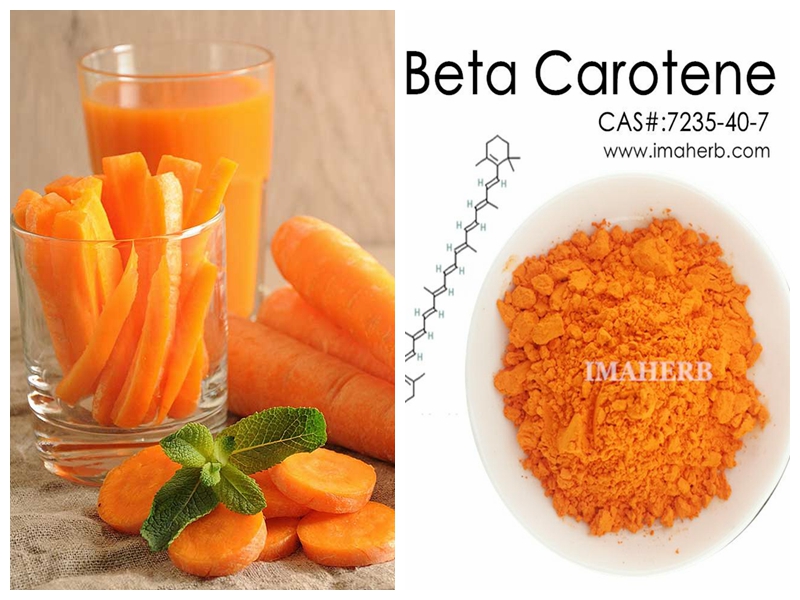
What is benefits?
Beta-carotene is used to decrease asthma symptoms caused by exercise; to prevent certain cancers, heart disease, cataracts, and age related macular degeneration (AMD); and to treat AIDS, alcoholism, Alzheimer’s disease, depression, epilepsy, headache, heartburn, high blood pressure, infertility, Parkinson’s disease, rheumatoid arthritis, schizophrenia, and skin disorders including psoriasis and vitiligo. Beta-carotene is also in used in malnourished (underfed) women to reduce the chance of death and night blindness during pregnancy, as well as diarrhea and fever after giving birth. Some people who sunburn easily, including those with an inherited disease called erythropoietic protoporphyria (EPP), use beta-carotene to reduce the risk of sunburn. There are many authorities – including the American Heart Association, the American Cancer Society, the World Cancer Research Institute in association with the American Institute for Cancer Research, and the World Health Organization’s International Agency for Research on Cancer – that recommend getting beta-carotene and other antioxidants from food instead of supplements, at least until research finds out whether supplements offer the same benefits. Eating 5 servings of fruits and vegetables daily provides 6-8 mg of beta-carotene.
Applied field
1. Beta Carotene can be used in medical field.
(1) Beta Carotene is recognized to have functions of anti-oxidation, anti-tumor, caducity resistance, etc., and it can improve immunity of AIDS patients.
2. Beta Carotene can be used as food additive.
(2) Beta carotene is an important pigment and confirmed as nutritious food additive.
(3) Beta Carotene can be used as intensifying agent for lipid foods such as margarine salad oil and benne oil to help beta carotene absorption by human body.
3. Beta Carotene can be used in cosmetic field.
(1) Beta Carotene contains abundant amino acid, vitamin, natural wet factor, microelement and other bioactive substances. Cosmetics (lipstick, kermes, etc.) added with beta carotene present natural and full color and luster and protect skin.
4. Beta Carotene can be used as forage additive.
(1) Beta Carotene can improve growth rate and flesh quality of animals, reproductivity of cattle, horse and pig, color and luster of red fish and shrimp, and darken color of bird’s egg.







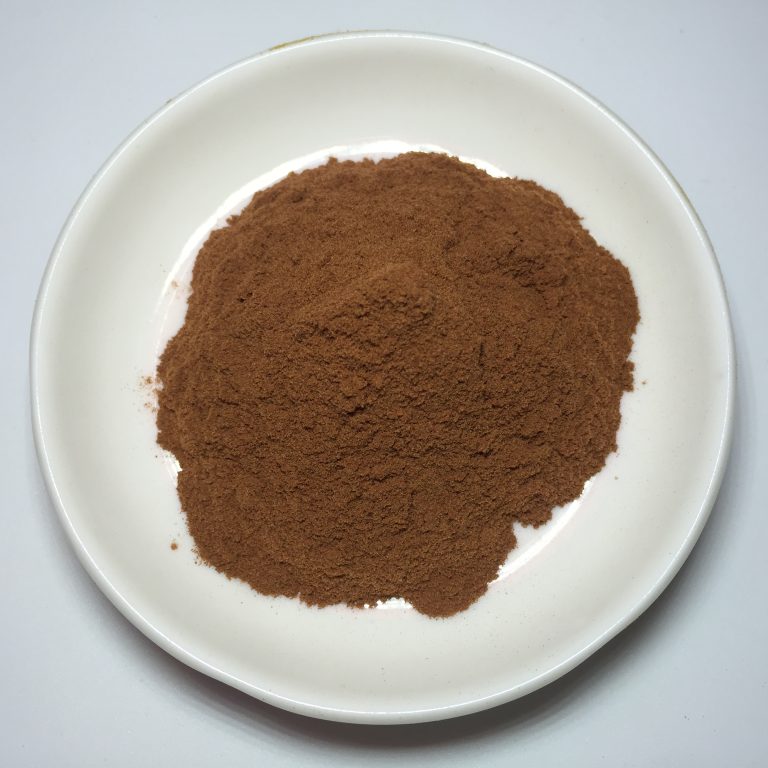 Imaherb China manufacturer supply Apple Extract Powder
Imaherb China manufacturer supply Apple Extract Powder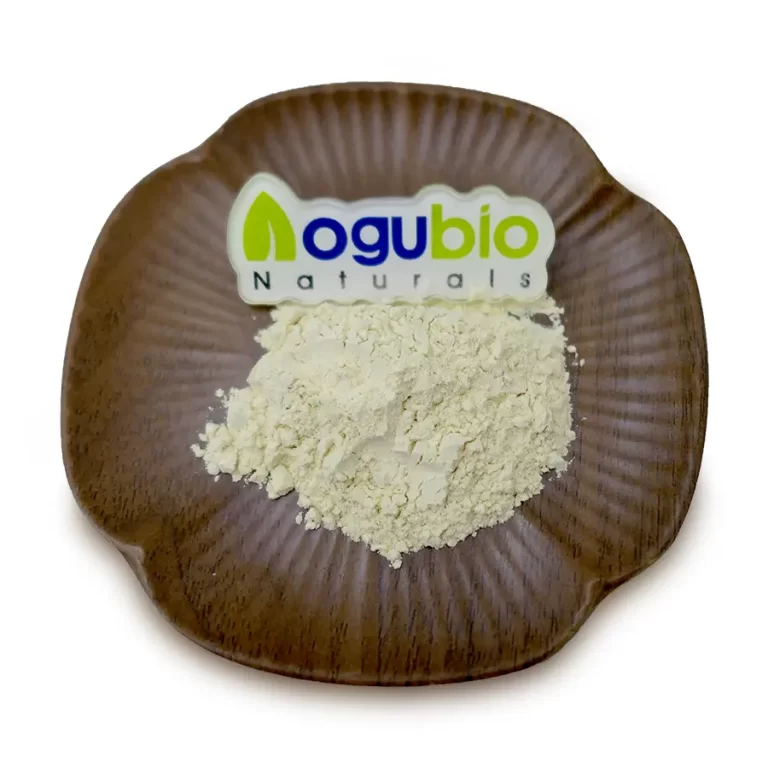 Imaherb China manufacturer supply Apigenin Powder 98%
Imaherb China manufacturer supply Apigenin Powder 98%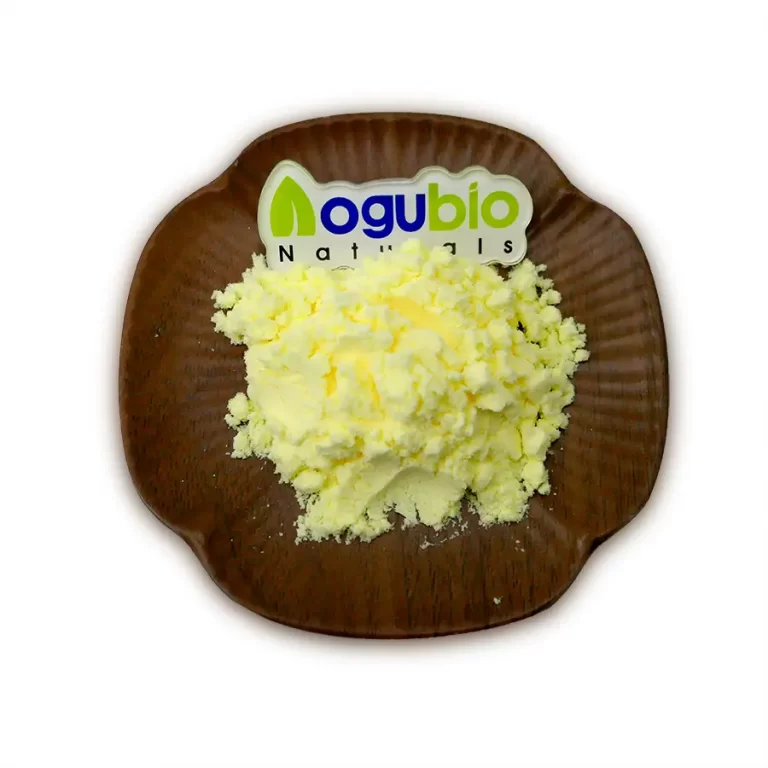 Imaherb Factory supply Alpha Lipoic Acid Powder CAS 1077-28-7
Imaherb Factory supply Alpha Lipoic Acid Powder CAS 1077-28-7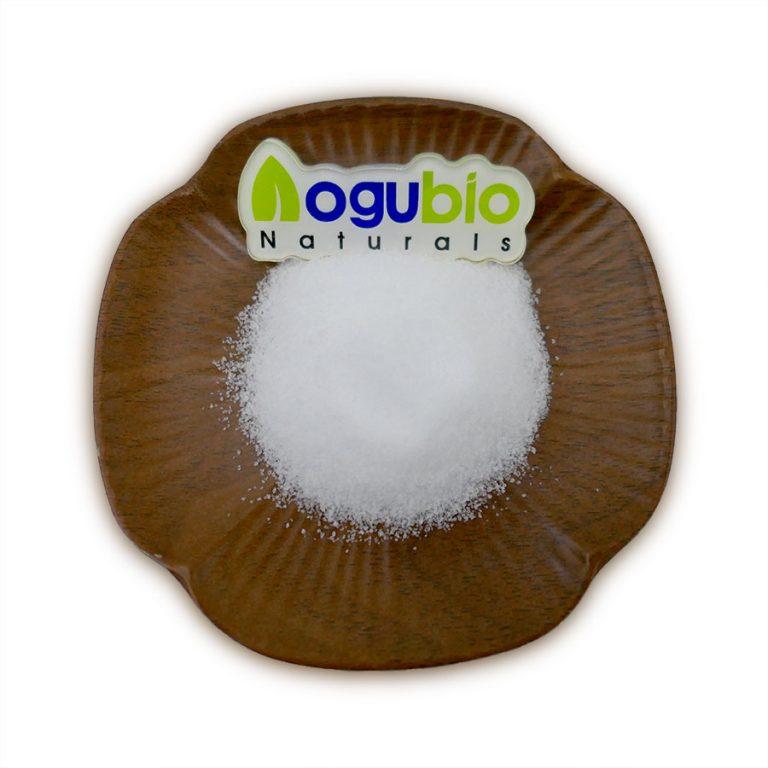 Imaherb Factory supply Alpha GPC Powder CAS 28319-77-9
Imaherb Factory supply Alpha GPC Powder CAS 28319-77-9 Imaherb Factory supply Alliin Powder 98% CAS 556-27-4
Imaherb Factory supply Alliin Powder 98% CAS 556-27-4 skype
skype Sales Manager
Sales Manager Rebekah
Rebekah Rachel
Rachel Miranda
Miranda Camilla
Camilla
 Sales Manager
Sales Manager